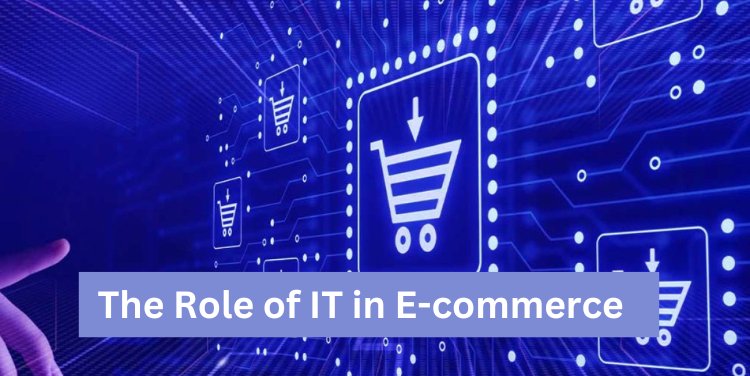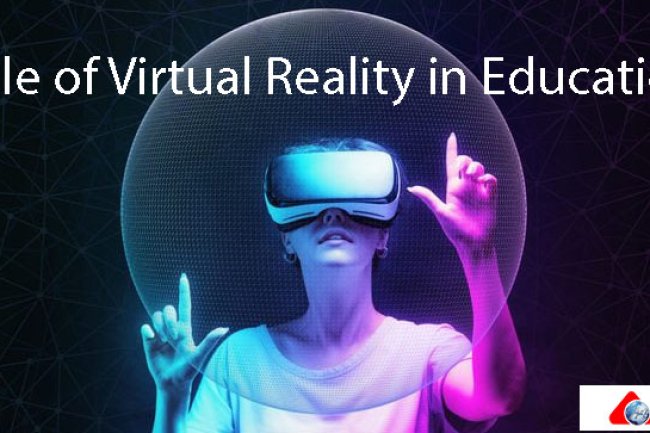Driving the Future: The Role of IT in E-commerce

In the ever-evolving landscape of e-commerce, technology is the driving force behind innovation and growth. As consumer preferences shift and digital experiences become increasingly sophisticated, the role of Information Technology (IT) in e-commerce has never been more crucial. In this blog, we'll explore the trends and innovations shaping the future of e-commerce, propelled by advancements in IT.
Personalization:
One of the most significant trends in e-commerce is the emphasis on personalization. IT plays a pivotal role in collecting and analyzing vast amounts of data to understand consumer behavior and preferences. From personalized product recommendations to targeted marketing campaigns, technology enables e-commerce platforms to tailor the shopping experience for each individual user, ultimately leading to increased customer satisfaction and loyalty.
Artificial Intelligence (AI) and Machine Learning:
AI and machine learning algorithms are revolutionizing e-commerce by automating processes and providing valuable insights. These technologies power chatbots for customer service, optimize pricing strategies, and enhance fraud detection systems. By leveraging AI and machine learning, e-commerce businesses can streamline operations, improve decision-making, and deliver more relevant experiences to their customers.
Augmented Reality (AR) and Virtual Reality (VR):
AR and VR are transforming the way consumers shop online by offering immersive experiences that bridge the gap between the digital and physical worlds. With the help of IT infrastructure, e-commerce platforms can integrate AR and VR capabilities, allowing customers to visualize products in their own environments before making a purchase. This not only enhances the shopping experience but also reduces the likelihood of returns, leading to greater customer satisfaction and cost savings for retailers.
Blockchain Technology:
Blockchain technology is gaining traction in e-commerce for its potential to improve transparency, security, and traceability in supply chains and transactions. By leveraging blockchain-based solutions, e-commerce companies can enhance trust and accountability, mitigate fraud, and streamline processes such as payments and logistics. As the technology matures, we can expect to see wider adoption of blockchain in various aspects of e-commerce, from inventory management to intellectual property rights protection.
Mobile Commerce (M-commerce):
With the proliferation of smartphones and mobile devices, M-commerce has become a dominant force in the e-commerce landscape. IT infrastructure plays a critical role in optimizing e-commerce platforms for mobile devices, ensuring seamless navigation, fast load times, and secure transactions. Additionally, technologies such as mobile wallets and one-click checkout options are driving convenience and accessibility, further fueling the growth of M-commerce.
Voice Commerce:
The rise of voice-activated devices like smart speakers has given birth to a new frontier in e-commerce: voice commerce. IT solutions enable e-commerce platforms to integrate with voice assistants like Amazon's Alexa and Apple's Siri, allowing users to browse products, place orders, and track shipments using voice commands. As natural language processing and voice recognition technologies continue to improve, voice commerce is poised to become a mainstream shopping channel in the near future.
Information Technology is at the heart of e-commerce evolution, driving innovation, and shaping the future of online shopping. From personalization and AI to AR/VR experiences and blockchain technology, IT solutions are enabling e-commerce businesses to stay ahead of the curve and deliver unparalleled customer experiences. As technology continues to advance, we can expect even more exciting developments in the realm of e-commerce, further blurring the lines between the digital and physical worlds.
What's Your Reaction?















